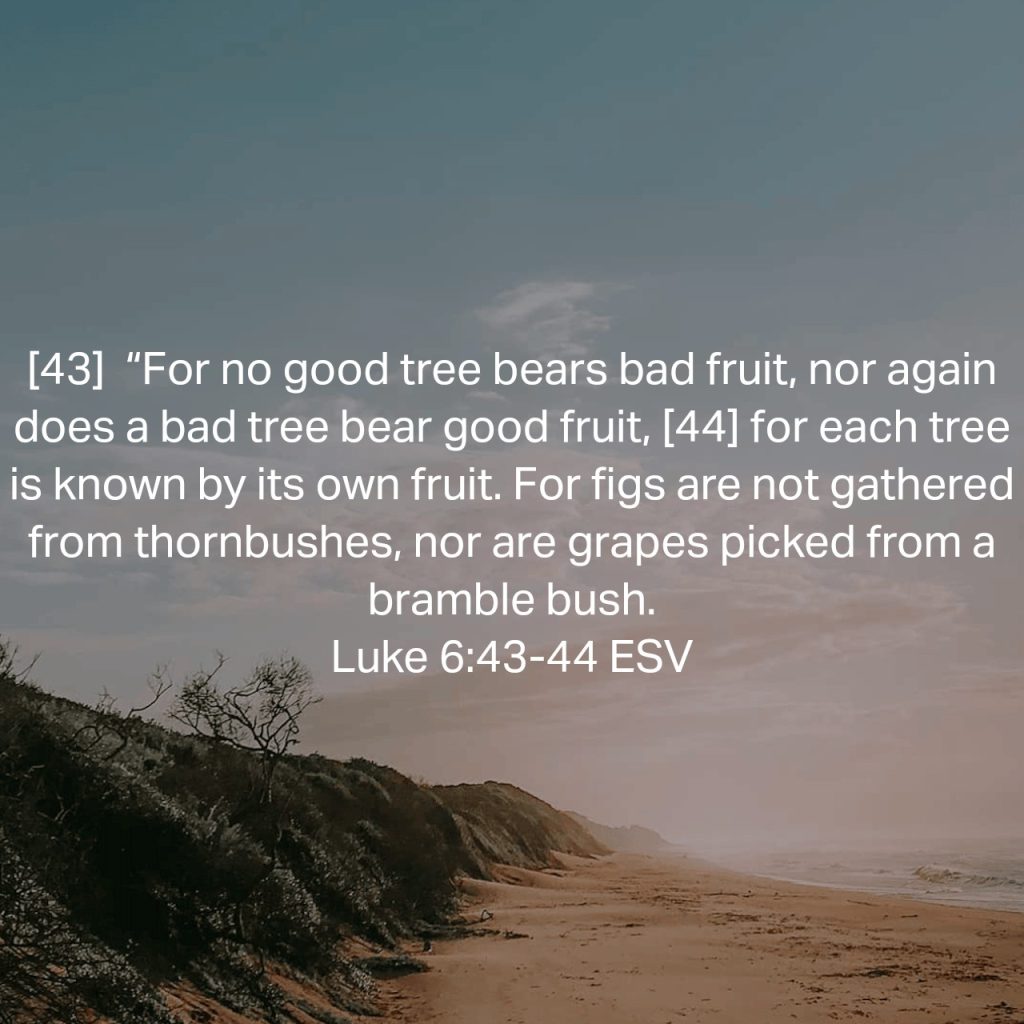“[31] When the Son of man shall come in his glory, and all the holy angels with him, then shall he sit upon the throne of his glory: [32] And before him shall be gathered all nations: and he shall separate them one from another, as a shepherd divideth his sheep from the goats: [33] And he shall set the sheep on his right hand, but the goats on the left.” Read more here. Introduction Matthew 25:31-33 describes the final judgment, where Jesus, the Son of Man, returns in glory with His angels to judge all nations, separating people like a shepherd separates sheep from goats. Interpretation This passage symbolizes… Read More
Continue Reading








